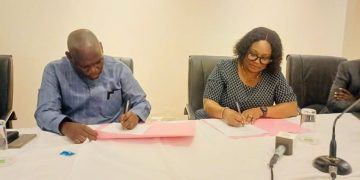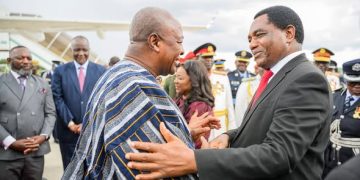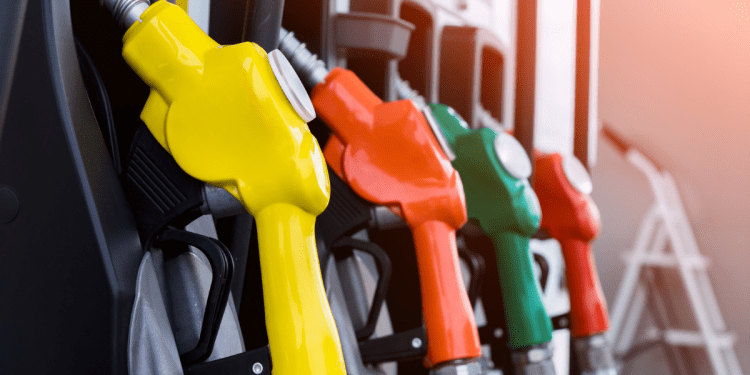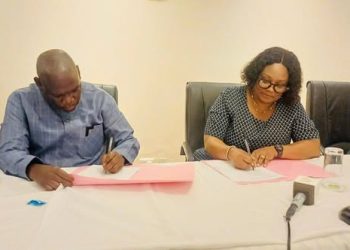Lusaka, Zambia – The Energy Regulation Board (ERB) has announced a 7.1% reduction in diesel prices for April 2025, with the cost per litre dropping from K32.54 to K30.23. This adjustment comes as part of broader reforms under the newly implemented TAZAMA Open Access policy, designed to enhance competition and reduce transportation costs in Zambia’s petroleum sector.
The ERB highlighted that petrol, kerosene, and jet A-1 prices will remain unchanged during April, as fluctuations in their international wholesale prices stayed below the 2.50% threshold required to trigger adjustments. Petrol remains at K34.98 per litre, kerosene at K29.56 per litre, and jet A-1 at K32.51 per litre.
Central to the diesel price reduction is the TAZAMA Open Access policy, which takes full effect on 1st April 2025. This initiative allows multiple fuel suppliers to bid competitively for access to the TAZAMA pipeline, replacing the previous reliance on road transport for diesel imports. A competitive tender process secured a diesel premium of US$84.00 per metric ton for April, lowering logistical expenses and passing savings to consumers. ERB Chairperson James Banda emphasized that the policy aims to stabilize supply chains, reduce costs, and foster transparency through market-driven competition.
Global market trends also influenced the price review. International diesel prices fell by 6.85% to US$83.44 per barrel, while the Zambian Kwacha experienced a marginal depreciation of 0.98% against the US Dollar in March 2025. Despite these shifts, government levies and taxes on fuel remain unchanged.
Airport fuel prices at Zambia’s major international hubs, including Kenneth Kaunda International Airport in Lusaka and Harry Mwaanga Nkumbula International Airport in Livingstone, will also remain steady.
The new diesel price takes effect at midnight on 31st March 2025, with detailed pricing structures available on the ERB’s official website, www.erb.org.zm.
“This price adjustment reflects our commitment to affordability and efficiency,” stated ERB Chairperson James Banda. “The TAZAMA Open Access policy ensures Zambians benefit from a reliable, cost-effective fuel supply chain, supporting both households and key economic sectors.”
The reforms are expected to ease financial pressures on transportation-dependent industries and households while reinforcing long-term energy security. Citizens are encouraged to stay informed through official ERB channels for future updates.








































